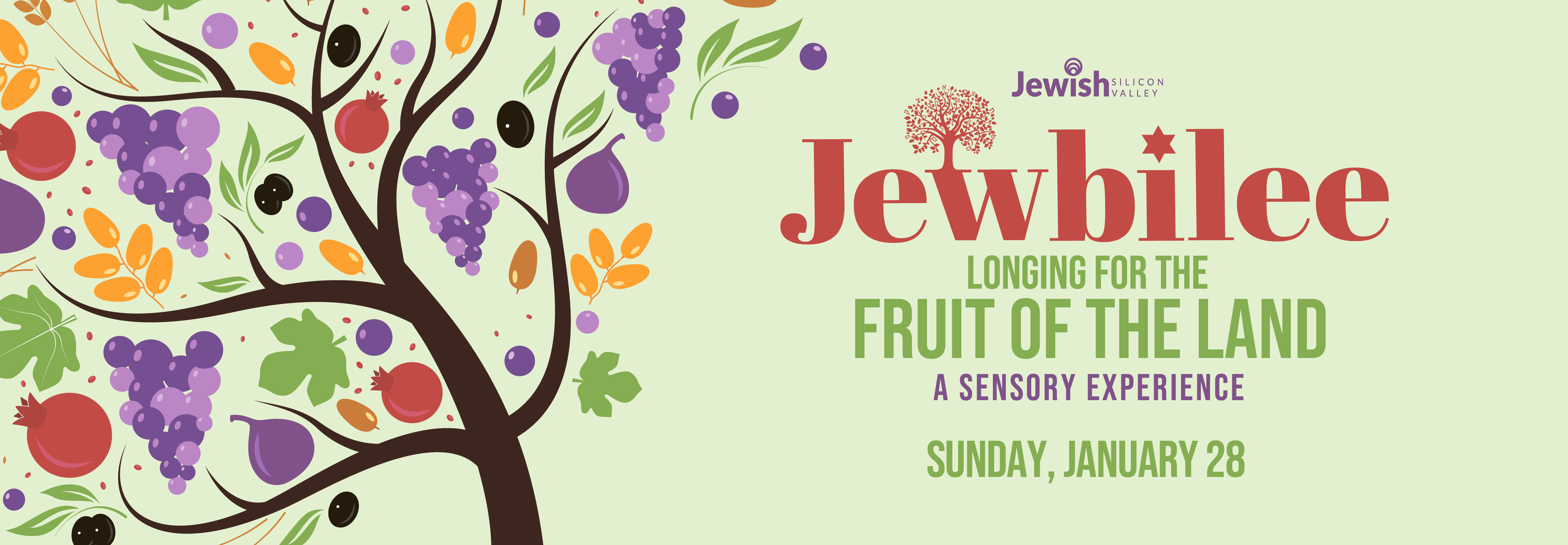« All Events
Jewbilee 2024 | Longing for the Fruit of the Land & Kids Jewbilee!
January 28 @ 10:00 am - 2:00 pm
$18 – $36

Join us at this year’s Jewbilee as we unpeel the mystical and physical dimensions of Tu Bishvat and explore our longing for the fruits of the Land through our study and with our senses.
Tu Bishvat: After the exile of Jews from Israel, Tu Bishvat, which has biblical roots, became a day for Jewish communities to remember their spiritual and physical connection to the Land.
Kids Jewbilee!
Children in Kindergarten through 7th grade are invited to join us for a one-of-a-kind, fun, and enriching morning.
Students will choose their own learning sessions taught by the talented teachers from the Religious Schools of the synagogues and will also have opportunities to socialize with others their age from all over Silicon Valley.
Kids’ Jewbilee is co-sponsored by Congregation Beth David, Congregation Shir Hadash, Congregation Sinai, Jewish Silicon Valley, PJ Library, Temple Emanuel, and Yavneh Day School.
Pricing:
APJCC Members / Seniors / Students: $25
General Admission: $30
Last Minute Ticket (after January 25th): $36
Kids Jewbilee $18
Click Here for Full Schedule and More Information






